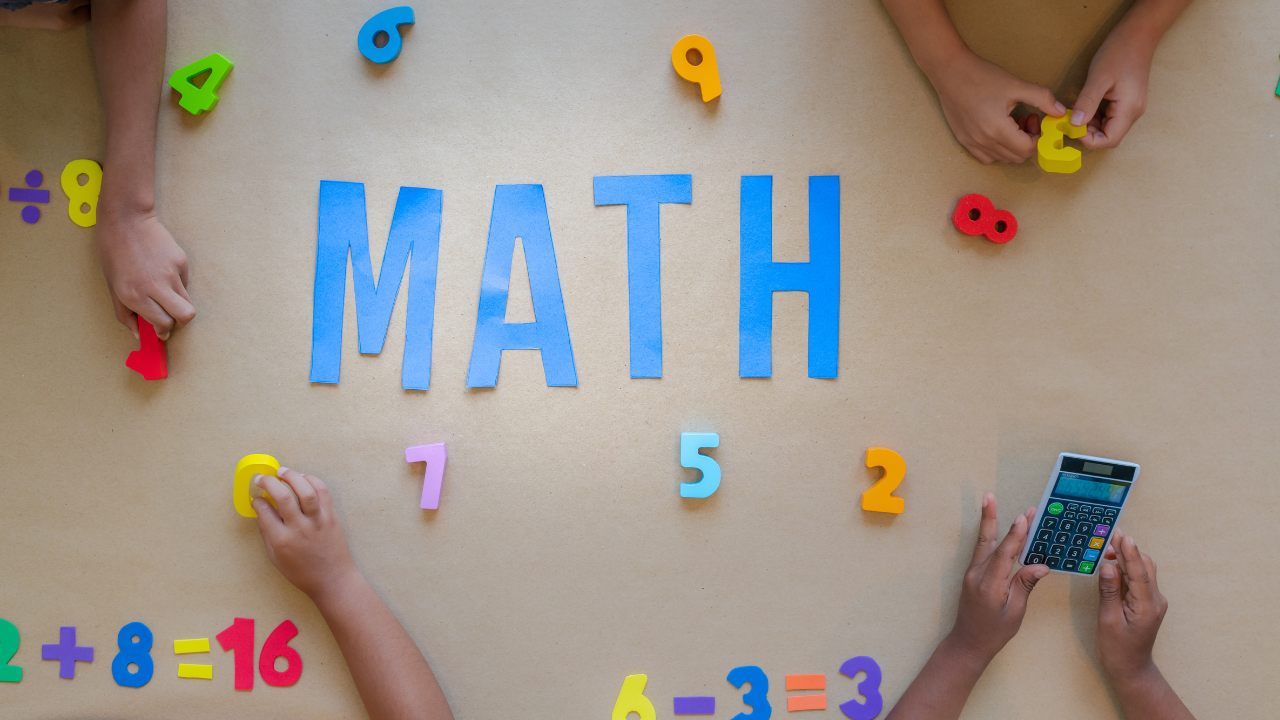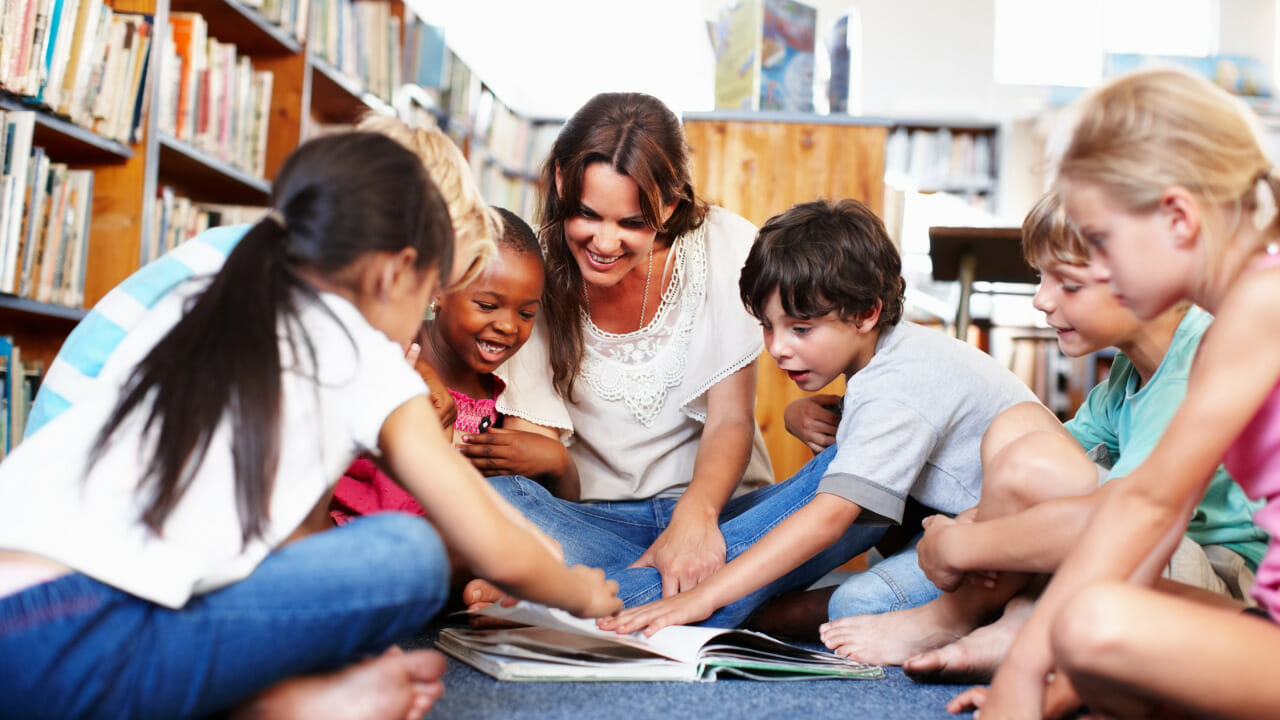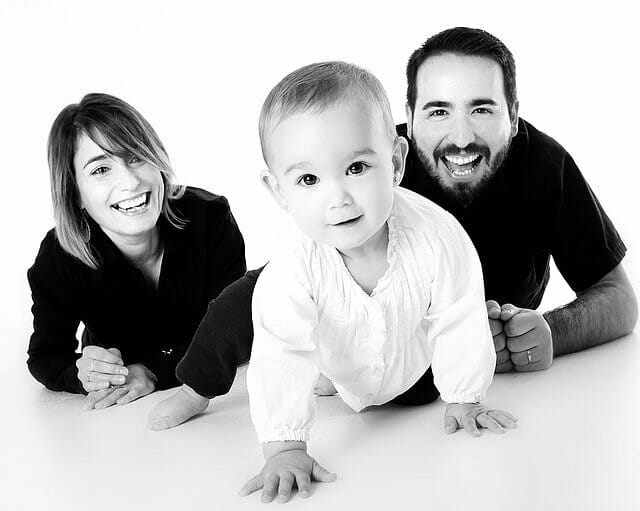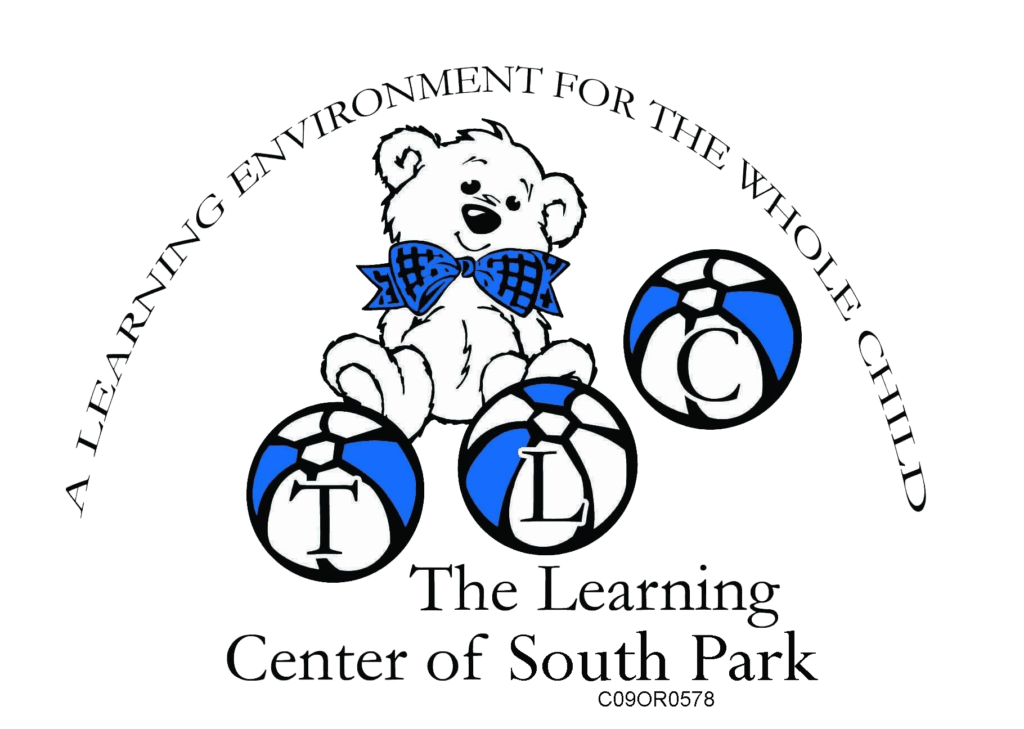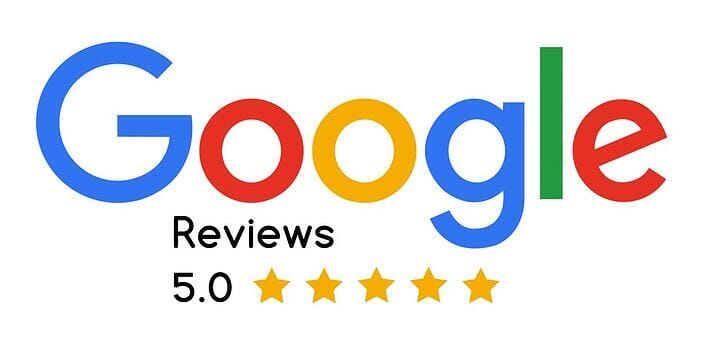You might be wondering at what age does preschool start? We want to give you a guide how to answer the questions you have about this. Preschool education is essential for children. It is necessary to provide children with skills to learn, socialize, and form healthy habits. These skills are crucial in developing their confidence, personality, and intelligence. Plus, preschool can help your child learn how to be more productive in school, making them more successful later in life.
The question of when does preschool start may seem like a no-brainer, but it’s not always that simple. Do you know if your state has specific requirements? How would you even find that out? The truth is that many factors come into play when looking at the best time for your child to start preschool. These are all things you should consider before deciding when your child should attend preschool. Continue reading and learn the things you need to consider in order for your child to have the perfect Preschool Start experience.
What's the difference between Preschool and Daycare?

While many parents might not be clear on the difference between preschool and daycare, there are some pretty fundamental distinctions. Preschool education is a term used to describe children’s education below the age of compulsory school education. It is usually an optional part of early childhood education. In some countries, it is a part of the educational system, while in others, it is provided by nursery schools, childminders, or playgroups.
Daycare is a term used to describe many early childhood educational settings, both private and public, commercial and not-for-profit. They provide educational and care services to children from birth to school age, usually in a group setting. This term does not refer to the same thing in every country.
Often, preschool is used to describe a place that is dedicated to learning and development for children between the ages of 3-5 (though at The Learning Center, we use play-based education for all ages!) To qualify as a preschool, a child care center must have a program with at least 2 hours of instruction time per day.
It’s also important to note that the curriculum in preschools tends to be more diverse than what you would find in daycare centers. Preschools have planned activities for children, including reading, playing games, doing crafts, exploring science, and more. Daycares are typically designed to provide childcare services for children between the ages of 1-4, so they can be watched while their parents are at work or taking care of other responsibilities.
A daycare center will not typically have any programs involving academics or structured lessons like what you would find in a preschool. The goal is to keep kids safe and entertained while their parents do what they need to do. Now that you know the difference between the two, know at what age should preschool start.
At What Age Should Preschool Start?
There is no definitive answer to this question. Some parents feel that their children are ready for preschool as young as age two, while others may wait until their children are a bit older, around age four. Ultimately, it is up to the individual parents to decide what they feel is best for their child. While some experts may suggest that confident children are ready to attend school at a younger age, the best thing you can do is keep talking with your child regularly about how they feel about preschool.
The age for preschool can vary depending on the state. For instance, if you will ask other states when should preschool start, they can start at three years old, four years old, or five. Other states like New York and Florida require children to start at five years old to enter their school system with a kindergarten-level education. So make sure to check out your options before making any decisions about when your child should attend preschool.
Starting preschool is important for children because it helps them learn and form healthy habits that will last a lifetime. The best time for children to attend preschool is based on what works best for their individual needs, and parents should research the different factors that come into play before making any decisions.
Many parents find that they begin having these discussions when their children are pre-verbal toddlers, while others wait until their children are older. These conversations can be a simple, casual chat or a more formal discussion, but they should continue to take place on an ongoing basis as your child gets older.
Some of the questions that you might ask yourself when deciding if your child is ready for preschool include:
- What are their interests?
- Is your child interested in socializing with other children?
- What type of childcare or preschool setting do you feel most comfortable with?
- How much time will you need to go back to work once your child starts school?
- What is the cost associated with daycare and preschool tuition fees?
- When should I enroll my child in a full-day vs. part-time program?
- What is the school’s philosophy on preparing children for kindergarten?
- How many other children will be in my child’s class?
- Will you have to drive your child to and from preschool every day, or will they be able to take public transportation (if available)? How far away is the preschool?
- What are the staff-to-child ratios at the preschool?
- Does the school offer before and aftercare (if your child will be attending full-day)?
These programs can begin as early as age three and often have infancy specialists available to help parents enroll their children for the entire year.
If you have the answers to the questions above, you will know if your child is ready for a preschool start.
How Does Early Education Help Children?
“Early preschool start” is essential for children because it gives them the tools to succeed in life. This type of training builds math, language, socializing skills, and more. It ensures that they are developing healthy habits at a young age. These skills are crucial in developing their confidence, personality, and intelligence. Plus, preschool can help your child learn how to be more productive in school, which will make them more successful in life later on.
But what about socialization? What are the benefits of socializing with other children for preschoolers? How does early preschool start help foster healthy relationships and interactions? One way is through play. Preschools usually have a curriculum that incorporates different types of games, and one type specifically involves interacting and playing with others.
When children interact with others at this young age, they learn about the world around them. They are forming relationships that are important for their mental development. As adults, play adds pleasure to our lives, and it does the same thing for children. How exactly does interaction with other children help preschoolers?
It Helps Them Learn to Engage in Cooperation
Young children don’t have any real responsibilities when they are in preschool . This means that they are playing because it’s fun. One of the ways this is demonstrated is through cooperative play. Cooperative play is when two or more preschoolers work together to accomplish a goal, usually something along the lines of building something. This could be making with blocks, creating a story, or playing with play-doh.
It Helps Develop Social Skills
Another way preschoolers practice socializing with others is through turn-taking. When children play a game, they need to wait until it’s their turn. This builds upon patience and self-regulation, which will help them in school and at work. These are essential skills for preschoolers to learn because it helps them develop healthy relationships with others later in life. Not only early preschool start helps them make friends and get on the good side of others, but it also ensures that they will be able to work together at school and in the workplace.
It Gives Them a Sense of Satisfaction
What preschoolers are learning through play is that they have the power to shape their own experiences. They don’t need adults to tell them what they can and cannot do because they are discovering it independently. This sense of empowerment is crucial for young children who are beginning life! Because if they don’t feel like they have control, they will lash out and act out in different ways. It’s essential to teach them the importance of expressing themselves without hurting others since preschoolers learn self-regulation skills.
They Are Learning About Citizenship
Preschoolers are beginning to learn what it means to be citizens through their interactions with each other. They are learning to be considerate of others by sharing supplies, toys, and play areas. This also helps them understand the importance of taking turns even when they want to do something right away.
This is demonstrated in another way when preschoolers are asked to put things back where they found them after playing with them. For example, they need to put them back in the bin when playing with blocks. When they build a block tower together, they need to take turns to make it. Children can learn how to be considerate of others while also taking their turn, and this helps form healthy relationships with other children and adults later on in life.
Do you want to get the best Early preschool start? Check out our preschool as we offer all of these. We allow infants, toddlers, and preschoolers to live happily in their young environment. Encouraging them to find and pursue their self-chosen pathways to knowledge and maturity is perhaps the most challenging thing any parent or teacher must master. Our job is to walk with children on their trip, clearing the way to avoid obstacles and providing encouragement and direction, rather than rushing to the front to lead the way.
If you want your little ones to experience all of these, give them the Early Preschool Start.
What Is a Quality Orlando Preschool Program?
Once you have the idea when does preschool start and have your preferred school, make sure that it only offers the best program for your little one. The quality of the program you choose for your child can make or break their experience. A good preschool should be a place where kids feel comfortable, engaged, and excited to learn. It should also provide a balance of hands-on activities and experiences while incorporating social skills, academics, and healthy habits.
A quality preschool program will have a curriculum tailored to the school’s vision and mission. It will provide an atmosphere that supports children with different learning styles and abilities. A quality preschool program will also generate a sense of community for children through extracurricular activities that promote teamwork, friendship building, and people skills.
The following list of criteria will give you a starting place for looking into prospective preschools.
What are the school’s mission and vision?
Look for a school that has a clear mission and vision. This can be stated on their website or through group tours with teachers and students. The mission and vision should be well-defined and understood by all staff and administration members. It should be shared and expressed in everything done at the school, including teacher training, lesson plans, classroom activities, parent involvement activities, and student life.
How long has the program been in existence?
If you want to have a great “preschool start” experience, confirm how long the preschool has been running. The age of a preschool says a lot about its quality. The younger the school, the more recently it has been established, and the less likely you will find information online or in other resources. Older preschools have had time to perfect their programs through trial and error, allowing them to build on previous successes while avoiding past mistakes.
What is the staff-to-student ratio?
A higher staff-to-student ratio will allow individualized attention for each child. Depending on age group, a good preschool program should have no more than six children per teacher in the classroom to ensure that each student can participate in hands-on activities and receive personalized guidance from their teachers. More than six students per teacher are acceptable during group activities like circle time or meal times. We excited to give the perfect preschool start to your little ones!
What types of activities does the school offer outside regular classroom time?
A well-rounded preschool program will provide a variety of classes, clubs, and extracurricular activities for its students. These can include arts & crafts, cooking, dance, music instruction, sports lessons, science classes, and more.
If you are now sure to bring your little one to a preschool, choose the best. The Learning Center of south Park is the best option you have if you are residing around Orlando area. See how parents are satisfied and grateful to have us in their children’s preschool journey. Look at our parents on facebook.
Get in touch today to find out more.




